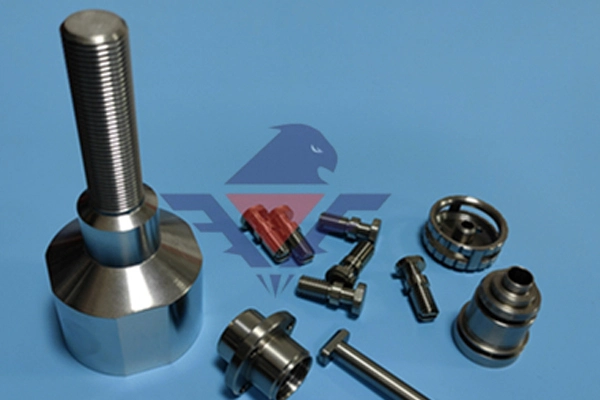
# Precision Swiss Machining for Complex Components
## The Art of Swiss Machining
Swiss machining represents the pinnacle of precision manufacturing for complex components. This specialized form of CNC machining originated in Switzerland’s watchmaking industry, where extreme precision was required for tiny, intricate parts. Today, Swiss machining has evolved to serve a wide range of industries that demand high-precision components with tight tolerances.
## What Makes Swiss Machining Unique?
The Swiss machining process differs from conventional CNC machining in several key aspects:
– Guided bushing system that provides exceptional support for the workpiece
– Ability to machine very small diameters with extreme precision
– Simultaneous machining operations from multiple tooling stations
– Exceptional surface finishes and dimensional accuracy
## Applications Across Industries
Swiss machining excels in producing complex components for various demanding industries:
### Medical Device Manufacturing
Keyword: Swiss Machining
The medical industry relies heavily on Swiss machining for surgical instruments, implants, and diagnostic equipment components that require biocompatible materials and micron-level precision.
### Aerospace Components
Critical aerospace parts like fuel system components, fasteners, and sensor housings benefit from Swiss machining’s ability to maintain tight tolerances in challenging materials.
### Electronics and Microtechnology
Connectors, pins, and other miniature electronic components are ideally suited for Swiss machining processes that can handle delicate operations on small workpieces.
## Advantages of Swiss Machining
Choosing Swiss machining for your precision components offers numerous benefits:
– Tight tolerances down to ±0.0002 inches
– Excellent surface finishes without secondary operations
– Reduced material waste through efficient machining
– Ability to machine complex geometries in a single setup
– High production rates for precision parts
## Material Capabilities
Swiss machining centers can work with a wide variety of materials, including:
– Stainless steels
– Titanium alloys
– Brass and copper alloys
– Plastics (PEEK, Delrin, etc.)
– Exotic alloys
## Choosing the Right Swiss Machining Partner
When selecting a Swiss machining provider, consider these factors:
– Experience with your specific industry requirements
– Quality certifications (ISO, AS9100, etc.)
– Material expertise
– Capacity for prototyping and production runs
– Secondary services (plating, heat treating, etc.)
The combination of Swiss machining’s unique capabilities and modern CNC technology creates unparalleled opportunities for manufacturing precision components that meet the most demanding specifications.